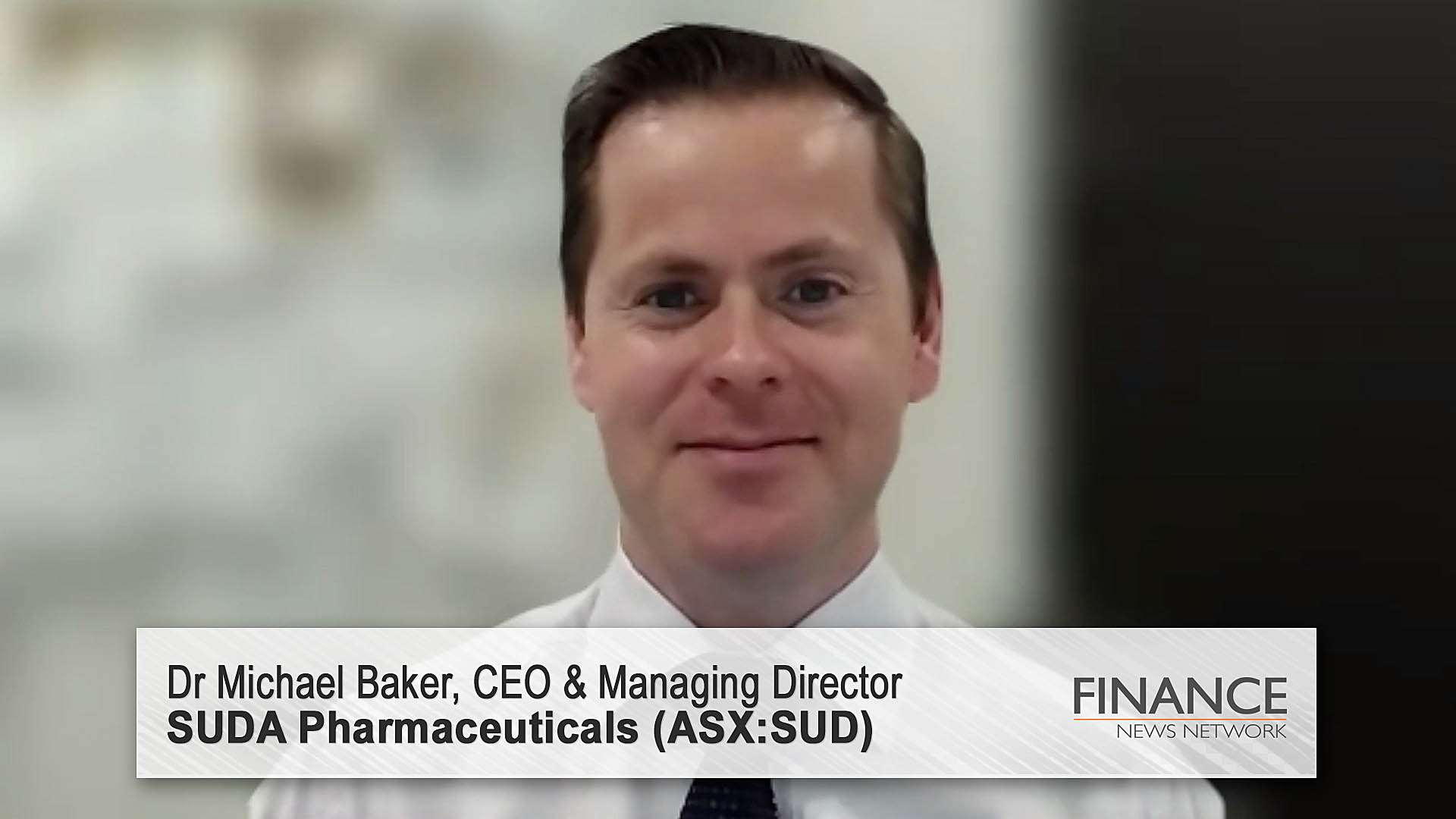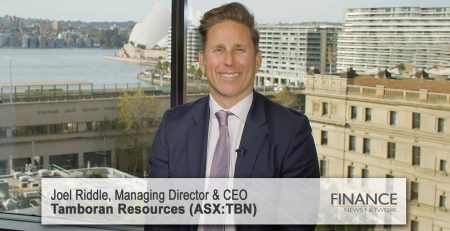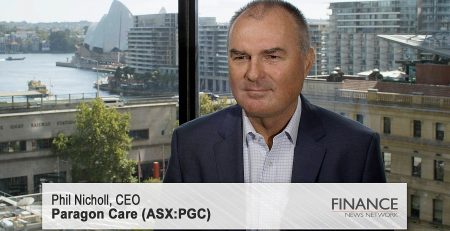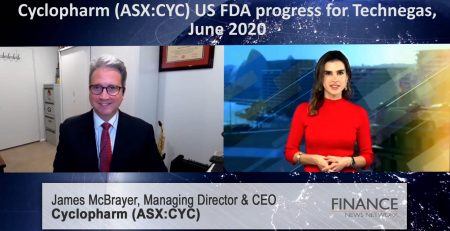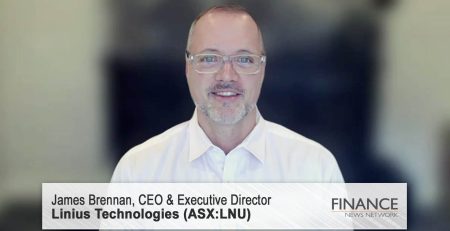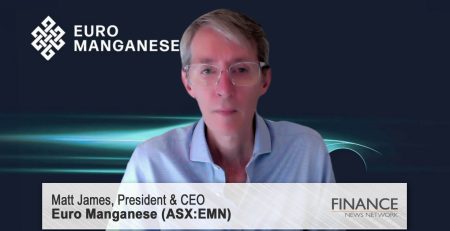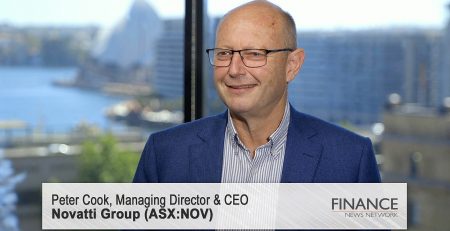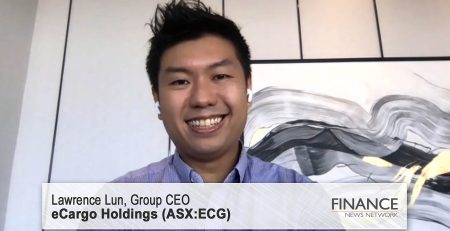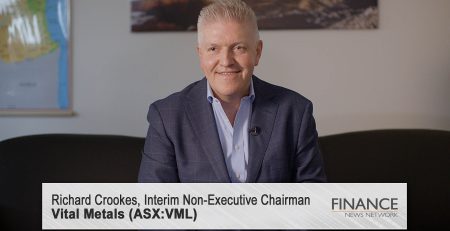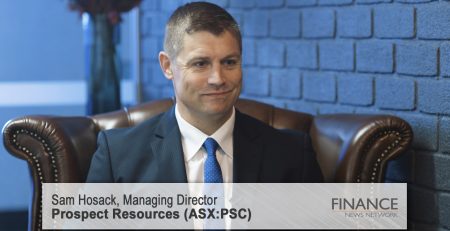SUDA Pharmaceuticals (ASX:SUD) acquires invariant natural killer T (iNKT) cell therapy platform, June 2021
SUDA Pharmaceuticals Limited (ASX:SUD) CEO & Managing Director Dr Michael Baker discusses the company's acquisition of the invariant natural killer T (iNKT) cell therapy platform from Imperial College London.
Lauren Evans: Hello. This is Lauren Evans for the Finance News Network, and joining me today from SUDA Pharmaceuticals (ASX:SUD) is CEO and MD Dr Michael Baker. Michael, nice to meet you, and welcome back to the network.
Dr Michael Baker: Lovely to meet you too, Lauren. Thanks for having me on the program.
Lauren Evans: No worries. First to your news regarding the iNKT cell therapy platform acquired from Imperial College London, what does it offer?
Dr Michael Baker: So, invariant natural killer T-cells are a very, very unique subset of our immune system and our immune cells. And so these particular cells, they are one of the most potent immune cells. And so one of the really important features for us is that they naturally have something on their surface that allows them to attack and kill cancer cells. And so what we're going to do is use chimeric antigen receptors. They are a second protein that sits on the surface of the immune cells, the iNKT cells, but essentially acts like a guided missile, which will also direct the iNKT cells towards cancer to eliminate those cells. So, what we'll have is dual or two ways to find and kill the cancer cells, which is somewhat unique over more conventional cell therapies.
And, really importantly, for these particular cells, is that work from the lab of Professor Karadimitris has shown that they don't cause — in fact, they're protective against — something that's called graft versus host disease. And so what that means is if we give ourselves to somebody else, they actually can start attacking the other person. So, these cells don't do that. And what that means is we can use the therapy, what's called off the shelf, so we can give it to from a healthy donor, let's say, to a patient that's suffering from cancer. And this contrasts with what happens currently for cell therapies, where, if a patient has cancer, we have to take the individual's immune cells, which may have been damaged already by the chemotherapy and the cancer, we then modify them to have a CAR. They then get grown up and then they get given back to the patient. And all that takes a considerable amount of time and really increases the costs of therapies like this. So, we see that the ability to have these cells and use them off the shelf will be a big advantage.
Lauren Evans: Wow. Thanks, Michael. What does the SUDA portfolio consist of today?
Dr Michael Baker: So we've got two major focus areas in our portfolio. The first is oncology, and we're delighted that we've got the iNKT cell therapy platform to add to that. But we're also working on creating an oral spray of a drug called Anagrelide, and we're developing that for the use in treating solid tumours, where patients also have high platelet levels, where we're expecting to increase lifespan. And on the central nervous system front, we've got two main products that we're working on. The first is called Zolpimist, which is for the treatment of short-term insomnia. That's been approved by the TGA, and we're working to secure an Australian partner, but we're also supporting our existing partners Teva, the world's largest generics manufacturer, and Mitsubishi Tanabe Pharma Korea, to assist with their regulatory submissions and commercialisation efforts. And we're also developing a drug into an oral spray called Sumatriptan, which is for the use in treating migraine. And that's also in conjunction with another partner, a large pharmaceutical company called Strides Pharma. And so we've got some other earlier- stage programs under development as well.
Lauren Evans: So now to finances and your recent capital raising, what does the capital raising mean for the development of your portfolio?
Dr Michael Baker: So, we just raised $3.65 million. It was great to see the level of support that we did from institutional and sophisticated investors. And so, moving forward, we will be using those funds for the initial development of the iNKT cell therapy platform. And that will consist of things like recruiting key personnel, people that are experts in the manufacturing process for cell therapies and also for the initial manufacturing work to produce the components that feed into these types of therapies. But again, it was very pleasing to have the level of support from sophisticated and institutional investors. And now those funds, we're expecting, will give us runway into Q2 2022, which is quite good.
Lauren Evans: So, the last question from me, Michael — is there anything else that you'd like to share?
Dr Michael Baker: Just that we're very excited to have this cell therapy now in-house at SUDA and to be working with Imperial College London, which is consistently a top-10 university worldwide and someone so well-credentialled as Professor Karadimitris, who has spent his life working on these types of immune cells, and he's a clinical haematologist, so he's got a lot of passion for the taking the research that he does to try to get these therapies into patients. And again, I'm very, very pleased with the support that we've received from not just any new share investors, but also our current investors as well.
Lauren Evans: Congratulations, Dr Michael Baker, on the acquisition, and we look forward to hearing from you later this year.
Dr Michael Baker: Thanks, Lauren. Appreciate it.
Ends
Copyright 2021 – Finance News Network
Source: Finance News Network

